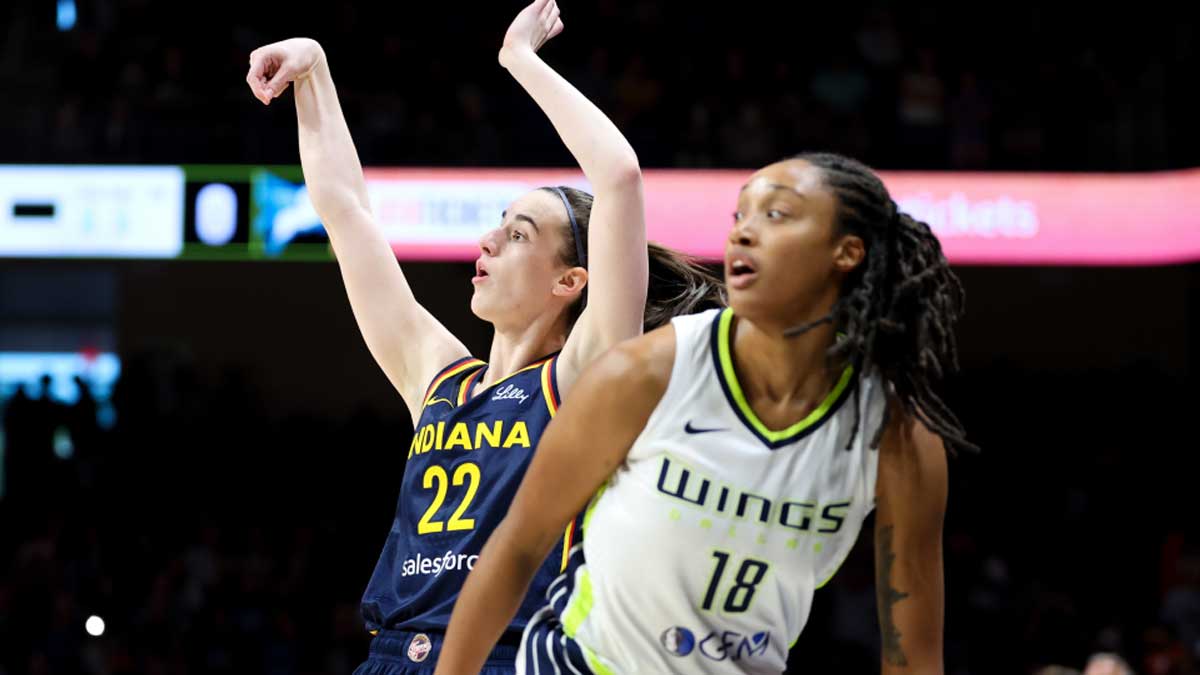- Home
- Billionaires
- Investing Newsletters
- 193CC 1000
- Article Layout 2
- Article Layout 3
- Article Layout 4
- Article Layout 5
- Article Layout 6
- Article Layout 7
- Article Layout 8
- Article Layout 9
- Article Layout 10
- Article Layout 11
- Article Layout 12
- Article Layout 13
- Article Layout 14
- Article Sidebar
- Post Format
- pages
- Archive Layouts
- Post Gallery
- Post Video Background
- Post Review
- Sponsored Post
- Leadership
- Business
- Money
- Small Business
- Innovation
- Shop
Recent Posts
WNBA Shifts to Charter Flights Amid Criticism

The Women’s National Basketball Association (WNBA) has announced a transformative change in its travel policy, unveiling plans to transition to charter flights for all 12 of its teams. This significant shift comes in response to mounting criticism of the league’s previous practice, which predominantly relied on commercial flights for team travel. WNBA Commissioner Cathy Engelbert revealed that the change will be rolled out “as soon as” feasible during this season, aligning the league’s travel standards with those of other major professional sports leagues such as the NBA, NFL, and MLB.
Previously, the WNBA’s use of charter flights was limited to playoff games and select regular-season circumstances, particularly instances where teams faced back-to-back games necessitating air travel. However, with the emergence of standout players like Caitlin Clark from the Indiana Fever, concerns have escalated regarding the safety, logistical complexities, and overall well-being of athletes during commercial travel.
Engelbert estimated that the shift to charter flights will incur an annual cost of approximately $25 million for the league over the next two years, translating to an average expenditure of about $2 million per team per season. This strategic decision coincides with a burgeoning interest in the WNBA, propelled in part by the growing popularity of women’s college basketball stars like Clark and Angel Reese.
The decision to transition to charter flights also underscores the league’s evolving business strategy, with a focus on leveraging increased media attention and potential revenue from future media deals. This development comes at a pivotal moment for the WNBA, as the league experiences a surge in demand and ticket sales, with StubHub reporting a staggering 93% increase in sales compared to the previous year.
The WNBA’s commitment to implementing charter flights represents a substantial investment in player welfare, comfort, and the overall advancement of the league. This strategic move not only addresses immediate concerns around travel logistics but also signals a broader commitment to enhancing the WNBA’s stature and appeal in the sports landscape.
Recent Posts
Categories
- 193cc Digital Assets2
- 5G1
- Aerospace & Defense46
- AI37
- Arts3
- Banking & Insurance11
- Big Data3
- Billionaires449
- Boats & Planes1
- Business328
- Careers13
- Cars & Bikes76
- CEO Network1
- CFO Network17
- CHRO Network1
- CIO Network1
- Cloud10
- CMO Network18
- Commercial Real Estate7
- Consultant1
- Consumer Tech180
- CxO1
- Cybersecurity68
- Dining1
- Diversity, Equity & Inclusion4
- Education7
- Energy8
- Enterprise Tech29
- Events11
- Fintech1
- Food & Drink2
- Franchises1
- Freelance1
- Future Of Work2
- Games141
- GIG1
- Healthcare78
- Hollywood & Entertainment186
- Houses1
- Innovation42
- Investing2
- Investing Newsletters4
- Leadership65
- Lifestyle11
- Manufacturing1
- Markets20
- Media193
- Mobile phone1
- Money13
- Personal Finance2
- Policy567
- Real Estate1
- Research6
- Retail1
- Retirement1
- Small Business1
- SportsMoney33
- Style & Beauty1
- Success Income1
- Taxes2
- Travel10
- Uncategorized8
- Vices1
- Watches & Jewelry2
- world's billionaires418
Related Articles
Fortnite Sets 14.3 Million Player Record with Star-Studded Concert
Fortnite continues to defy expectations, proving that it remains a force in...
By 193cc Agency CouncilNovember 30, 2024Davis vs. Roach Jr. Set for March 1 at Barclays Center
Gervonta “Tank” Davis fans will need to adjust their calendars once again,...
By 193cc Agency CouncilNovember 30, 2024Elon Musk Sparks Speculation Over Potential Hasbro Acquisition
Elon Musk is known for his knack for shaking up industries and...
By 193cc Agency CouncilNovember 30, 2024Fortnite Chapter 6: Japanese World, Giant Bosses & Collabs
Fortnite’s Chapter 6 Season 1 is on the horizon, and fans are...
By 193cc Agency CouncilNovember 29, 2024















Leave a comment